|
By Micki Luckey This summer nearly thirty members of SURJ BA — Showing Up for Racial Justice Bay Area — voted on books for white people about racial justice, indicating those they recommend, as well as those they want to read. This blog is about nonfiction books recommended by our members. (See the Fiction list here)
Comments are closed.
|
Find articles
All
Browse by date
July 2024
MEDIUM |
© COPYRIGHT 2017-2024 SURJ BAY AREA. ALL RIGHTS RESERVED.

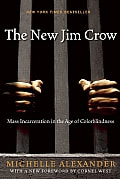
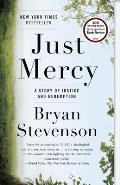
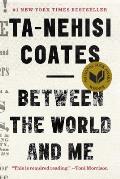
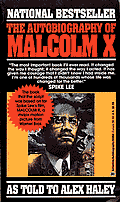
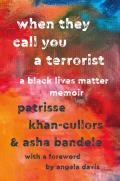
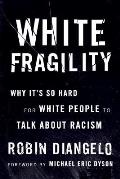
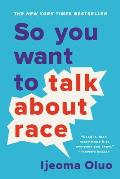
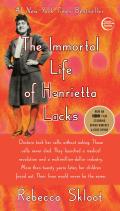
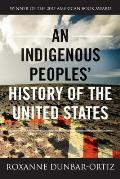
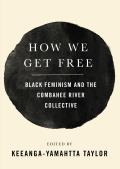
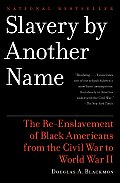
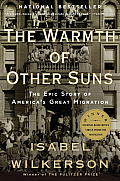
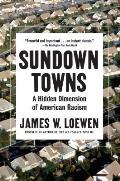
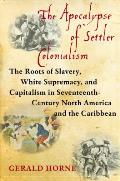
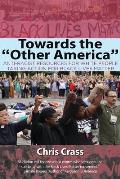
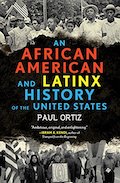

 RSS Feed
RSS Feed